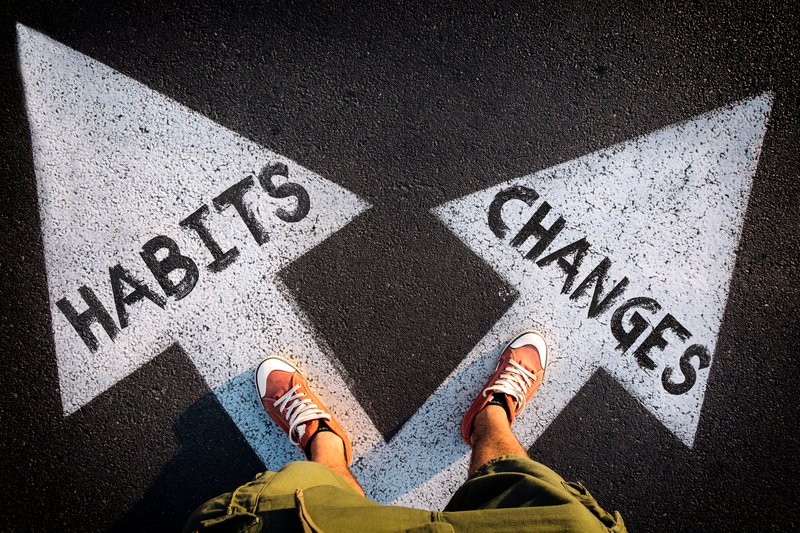Having habits can either be good or bad. A good habit helps get you through your daily routine. But a bad habit can hold you back, and even endanger your health. If you’re like most people, that can be a struggle. If you always find yourself losing, could science offer some solutions?
Science does offer some ideas. According to Elliot Berkman, director of the University of Oregon’s Social and Affective Neuroscience Lab, habits are born from practice and repetition, which means they have to be broken the same way. He recommends trying five basic strategies.
Sink your stress levels — Many habits involve the brain’s reward system. This system uses dopamine, the “feel-good” chemical, that transmits signals in the brain. A new “rewarding” behavior can bring a feeling of euphoria as a result of a dopamine release. This causes changes in both the connections between neurons and the brain systems—which is why bad habits are formed to begin with.
Many of these “rewards”—like sugar—are powerful. Our physiological reactions to them go back a long way; cavemen didn’t have their food perfectly prepared, so it’s easy for our brains to get overwhelmed with modern temptations.
Know your cues — Director Berkman says habits have three main parts: a cue, a routine and a reward. Learning the triggers, like ashtrays around the house, can help avoid them. A major life change, like a new job, is an excellent opportunity to break a bad habit. “You’re going into new contexts and situations, so you don’t have those same cues—it’s a chance to form new habits,” Berkman says.
Replace a bad habit with a good one — Some studies, like a 2008 study in Appetite, have shown that the more you suppress your thoughts, the more likely you are to focus on that thought. So instead of trying to stop doing something, it might be easier to start doing something better.
Have a better reason for quitting — The problem with a replacement strategy is sometimes the old bad habit will have a stronger biological “reward” than its substitute. If you’re trying to quit smoking by chewing gum, the brain knows the difference. Then it’s time to crank up the motivation. Having a strong specific, personal reason can help you make the change.
Set better goals — Many times people set general goals. That’s not always good enough. It helps to be more specific — think about how you’ve acted in the past, then how you can change your behavior to lose that bad habit once and for all.
The complete article is “5 Science-Approved Ways to Break a Bad Habit” by Cassie Shortsleeve at http://time.com/5373528/break-bad-habit-science/? . the photo came from that site.

